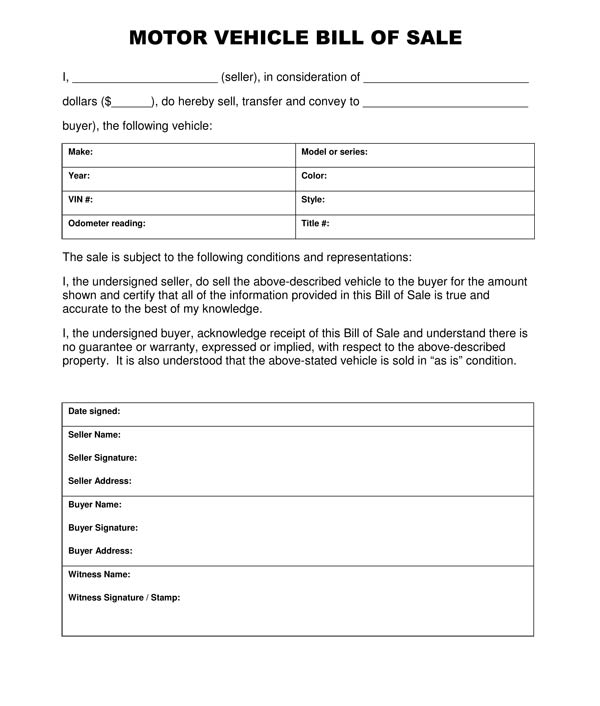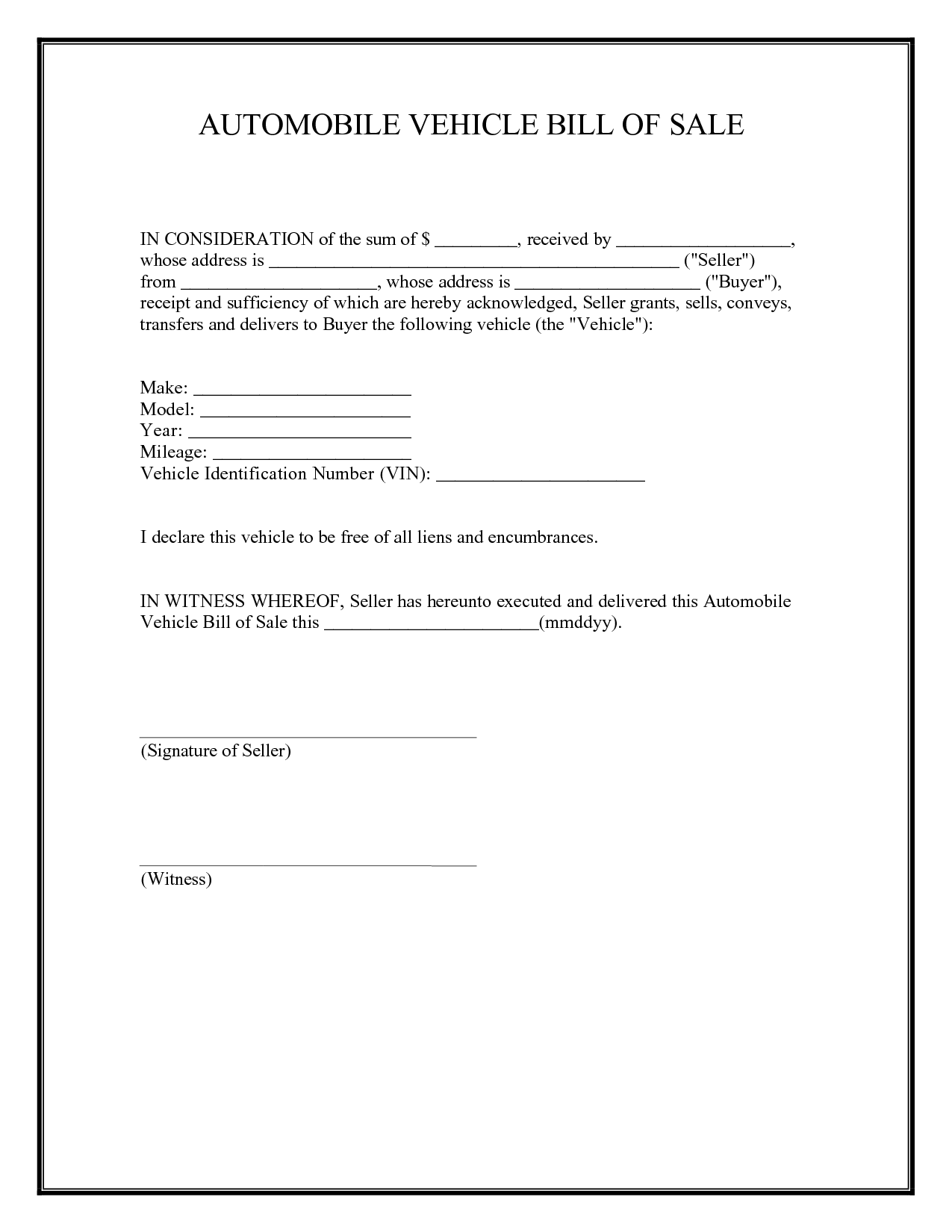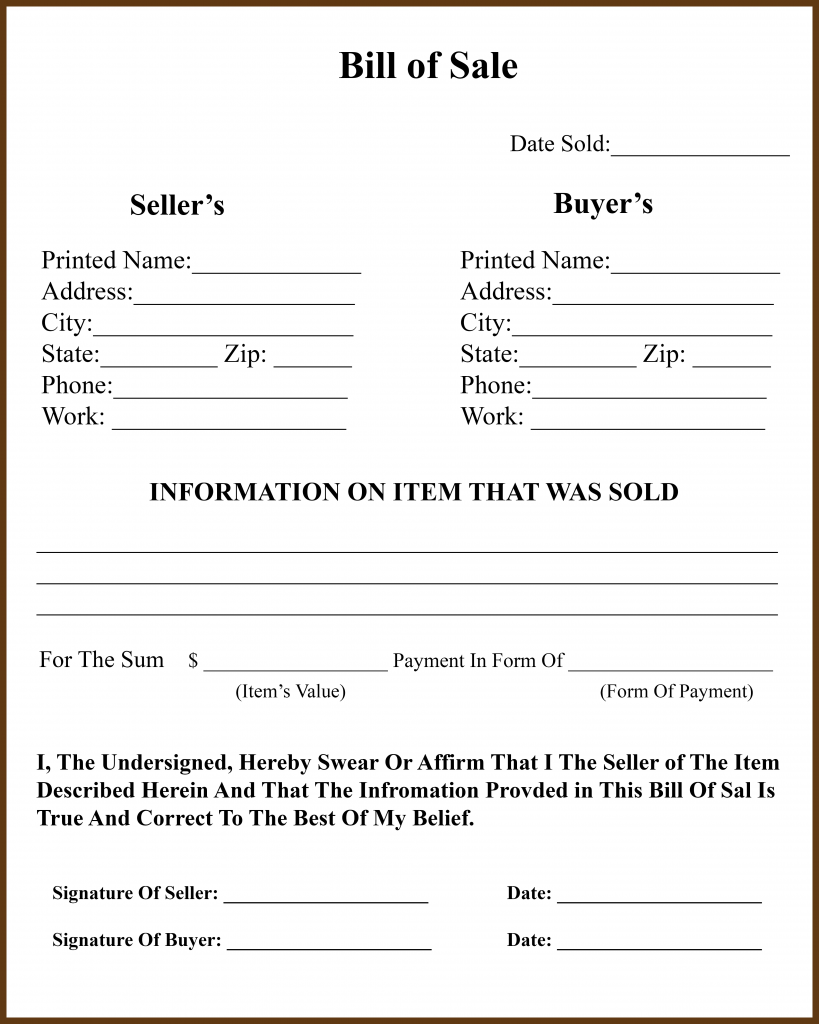

The State of Idaho considers a vehicle “salvage” when the owner or insurance company decides that the cost of parts and labor compared to the value of the vehicle make it uneconomical to repair. The buyer generally holds on to the original. You’ll need to make two copies of the document in addition to the original - one for the seller, and one for the state. Idaho doesn’t have a language requirement for bills of sale, but it is advisable to use English or provide an English translation to be sure that state employees will be able to properly process and file the form.

Additional Considerations Language Requirements The bill of sale also serves as a record of the purchase price and seller.įor the seller, a bill of sale specifies the date you gave up ownership of the item, which can prevent you from being held liable for any accidental damage or injuries that occur after you’ve given up possession of a car, boat, or firearm. Why Use a Bill of Sale?įor the buyer, a bill of sale can be used as proof of ownership while waiting for a new title or other documents.

The seller should always keep a copy of the document, since it could establish the date that they are no longer liable for any injuries or damage caused by the property. Although gun sales don’t require a particular document, a bill of sale is commonly created as a record of the transaction.Īll bills of sale need to include information that clearly identifies the seller, the buyer, and the item being transferred, and record the details of the transaction itself, such as the price and date.įor vehicles and boats, the buyer will turn in the bill of sale when they register their purchase with the state. Idaho requires a bill of sale for all vehicle and boat transactions. Notary public: A public officer who has no interest in the transaction and can attest to the signatures of the parties involved.Gift: Indicates that the seller intends the buyer to receive an item without any compensation in return.As-Is: Indicates that the item carries no warranty or promise of fitness for a particular purpose.Payment: The money given in exchange for an item in the transaction.Buyer(s): The person(s) or the party paying money for the item in the transaction.Seller(s): The party or person(s) offering an item for purchase in the transaction.


 0 kommentar(er)
0 kommentar(er)
